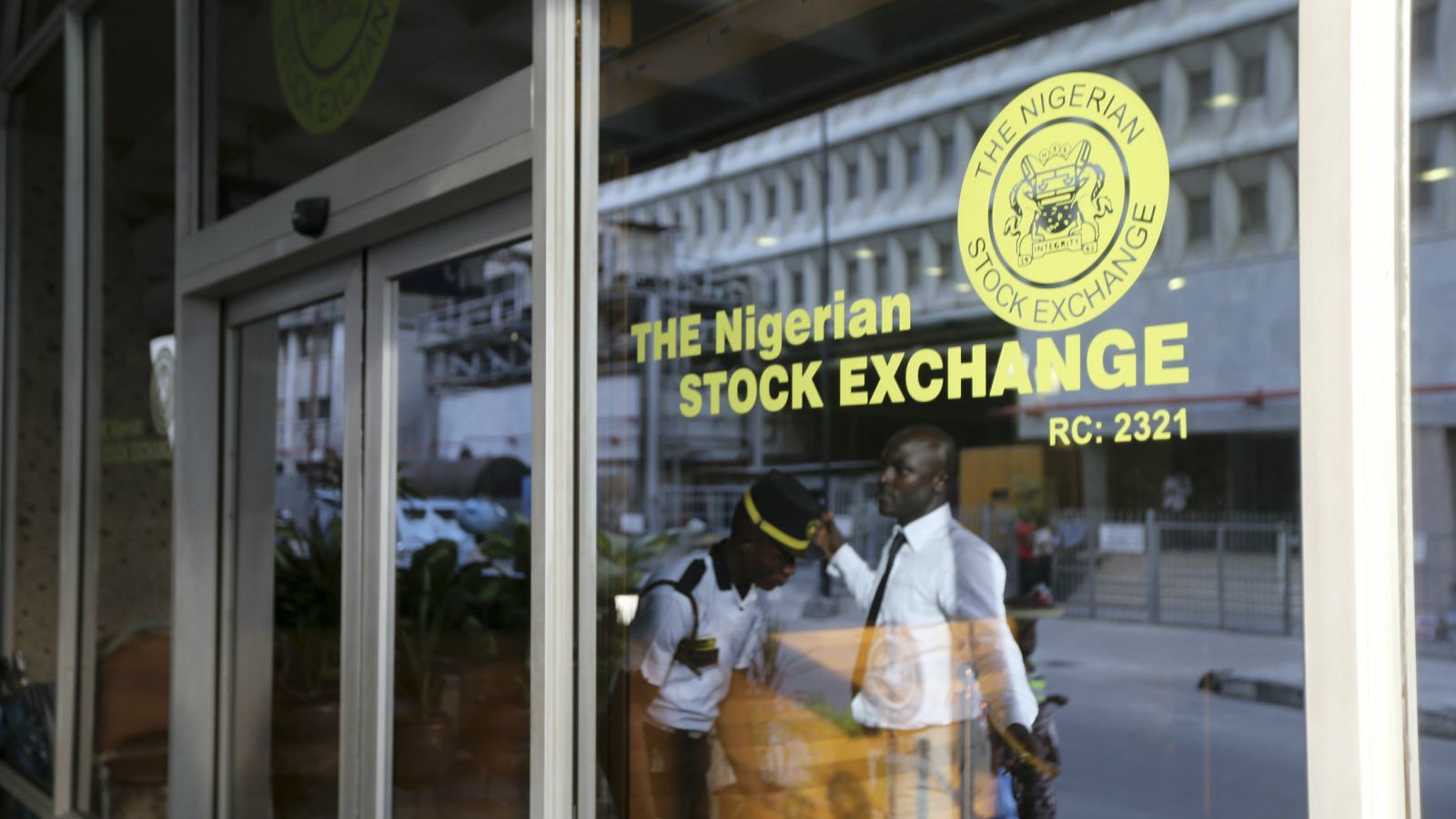Analysts Predict Bullish Outlook For Equities, Fixed Income
Capital market analysts say the equities and fixed income markets are likely to see a relative bullish response this week.
The equities market closed last week on a positive note after recording declines in the first three days of the week (aside from Monday, which was a national holiday).
At last week’s close, the Nigerian Stock Exchange All-Share Index rode on the improving appeal for banking stocks to close positive.
“With the appeal still quite decent, coupled with waning bearish sentiment across other sectors, we expect the index to open higher in the week ahead,” analysts at Vetiva Capital Management said in the firm’s week-end market report.
For the fixed income market, the analysts said, “At the start of this week, we expect buoyant demand to further drive bullish trading in the Treasury bills space amid continued muted trading sentiment on bonds.”
The Nigerian equity market started the year on negative footing with the NSE ASI down 2.32 per cent amid light trade volumes. After opening in negative territory, the market maintained its bearish momentum as all key sectors continually closed in the red.
However, on Thursday, the financial services sector logged the first positive close of the key sectors following gains across select tier-one banks. Despite this, the market still closed lower as the ASI performance was skewed by a loss in Dangote Cement Plc.
At the week close, the ASI clinched its first gain of the year, amid extended gains across banking stocks and waning negative sentiment in other key sectors.
The fixed income market opened the year on a mixed note. At last week’s open, the Central Bank of Nigeria auctioned N51bn (offered: N50bn) across the 184 day-to-maturity and 352DTM bills. Despite the liquidity mop up, the treasury bill yields declined – supported by buoyant demand across the space, analysts said.
The treasury bills market sustained the bullish trend throughout the week amid a Primary Market Auction, where the CBN sold N35bn, N23bn, and N135bn (offered: N28bn, N42bn and N55bn) across the 91DTM, 182DTM and 364DTM bills at respective stop rates of 14 per cent, 17.50 per cent and 18.69 per cent (effective yield: 14.51 per cent, 19.17 per cent and 22.97 per cent).
However, the bond market traded bearish throughout the week with yields advancing by 97 basis points overall as the wait for the bond auction calendar kept investors on the sidelines.
To this end, analysts at Meristem Securities Limited, in its weekly report, maintained, “Given investors’ apathy towards the equities market in 2016, coupled with the dearth of positive news inflows amidst unfavourable economic fundamentals, we do not anticipate a revamp in market performance in the near term.
“However, we anticipate some position taking in fundamentally justified stocks currently trading below their intrinsic values.”
Meanwhile, global markets traded mostly higher in the first trading week of the year amid holiday-thinned trading and a barrage of data releases. Whilst most major markets were shut last Monday for the New Year’s holiday, the South Korean bourse traded mixed amid better-than-expected trade data and as investors continued to track events on the political scene.
On the other hand, the European markets closed the first trading week of the year higher on the back of upbeat 2016 Manufacturing Purchasing Managers’ Index data.


 Billionaire Watch3 weeks ago
Billionaire Watch3 weeks ago
 Startups4 weeks ago
Startups4 weeks ago
 News4 weeks ago
News4 weeks ago
 News4 weeks ago
News4 weeks ago
 Bitcoin4 weeks ago
Bitcoin4 weeks ago
 Naira4 weeks ago
Naira4 weeks ago
 Forex3 weeks ago
Forex3 weeks ago
 Treasury Bills4 weeks ago
Treasury Bills4 weeks ago
























